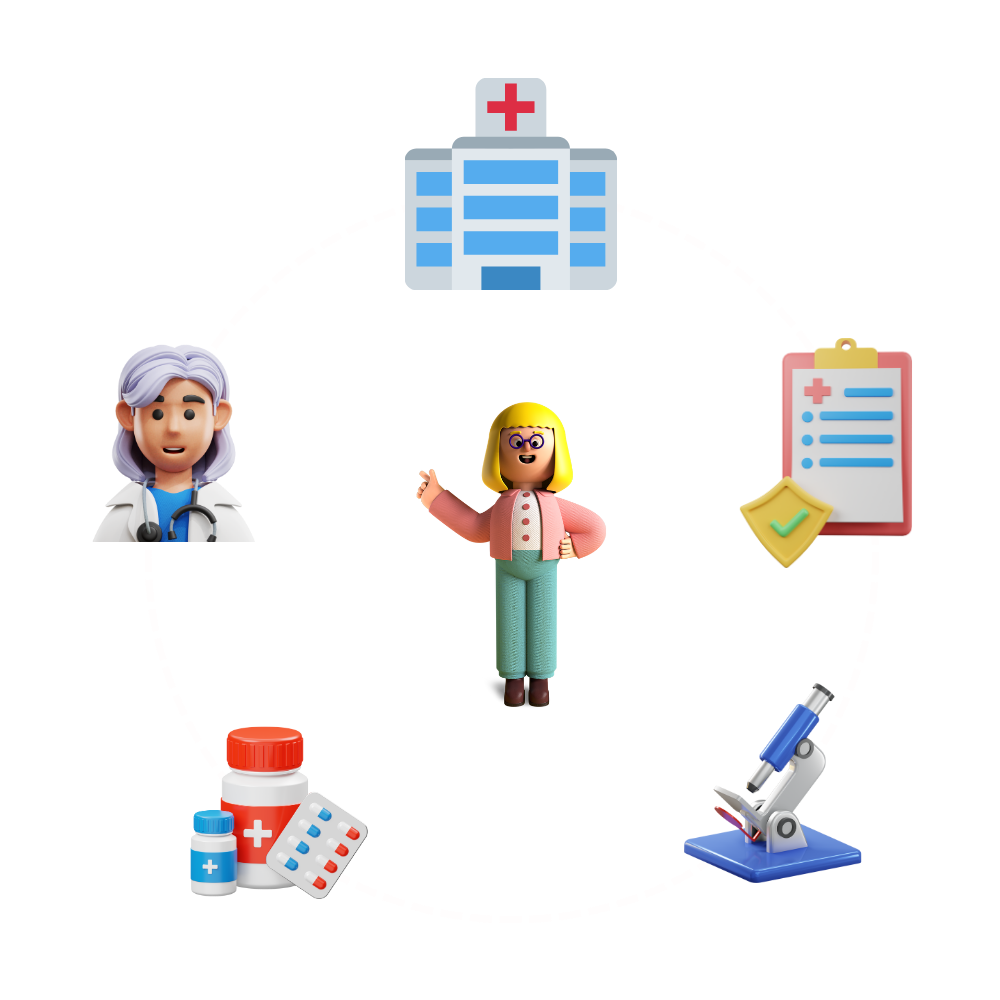Gastroenterology is a subspecialty of internal medicine that focuses on the diagnosis and treatment of diseases and disorders of the gastrointestinal (GI) tract, which includes the esophagus, stomach, small intestine, large intestine (colon), liver, gallbladder, and pancreas. Gastroenterologists are doctors who specialize in this area and typically work in hospitals.
- In a hospital setting, gastroenterologists work with a team of other healthcare professionals, including nurses, nurse practitioners, physician assistants, and other specialists to provide comprehensive care to patients with gastrointestinal issues.
- They may perform a variety of diagnostic tests, such as colonoscopies, upper endoscopies, and stool tests, as well as treatment options such as medication, diet and lifestyle changes, and in some cases, surgery.
Gastroenterology services in a hospital can include:
- Diagnosis and treatment of conditions such as ulcerative colitis, Crohn's disease, and Irritable Bowel Syndrome (IBS)
- Management of patients with liver disease
- Endoscopic procedures such as colonoscopies and upper endoscopies
- Nutrition support for patients with gastrointestinal disorders
- Management of patients with pancreatic and biliary diseases.
Overall, Gastroenterology in hospitals is an important aspect of healthcare that helps in the diagnosis and management of various gastrointestinal disorders and diseases, ensuring that patients receive the best possible care for their conditions.
 Drlogy
Drlogy




